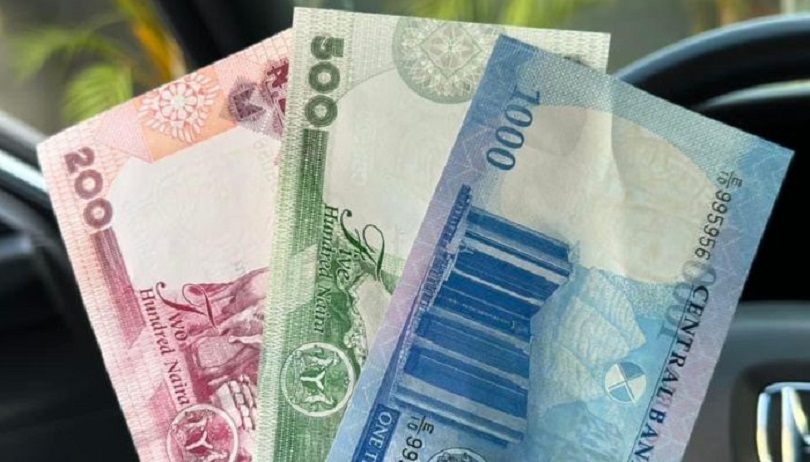Place your adverts here on InfoDig @ low rates; banner ads, sponsored links and guest articles etc. Contact us
The global price of rice has dropped to its lowest level in 16 years, reaching figures last seen in 2008, according to data from the Thai Rice Exporters Association.
This decline follows India’s recent decision to relax some of its export restrictions after national assessments on domestic rice output.
As a major exporter to both Asia and Africa, India’s policy shift has contributed to the sharpest drop in rice prices since 2008, marking the steepest decline in more than 15 months.
For example, the Thai white rice broke the Asian 5% benchmark for the first time as it dropped to $509 per ton.
Africa’s Context
Africa remains a significant importer of white rice, with major supplies coming from countries like India and Thailand.
Rice accounts for roughly 60% of many diets across the continent, making it a crucial staple food in the region.
Countries like Senegal, which rely heavily on rice imports from India, are expected to benefit considerably from the recent sharp decline in global rice prices.
This drop is likely to ease food costs and improve accessibility for millions of people across Africa, particularly in nations where rice is a primary dietary component.
Additionally, reduced import costs could help stabilize inflation in these regions, offering some relief to consumers.
Nigeria’s Restrictions on Rice Importation
On the other hand, Nigerians may not benefit from the global drop in prices due to the federal government’s restriction on food importation, particularly rice.
This policy, part of the government’s backward integration programme, is aimed at boosting domestic production and agricultural output.
Although the policy has raised Nigeria’s rice production to about five million metric tonnes as 2023, this only covers roughly 60% of the country’s consumption needs.
The shortfall has led to the illicit importation of rice, driving a significant price increase in the market
.Between 2016 and 2023, rice prices have surged despite the government’s heavy investments, such as the N1.1 trillion Anchor Borrowers’ Programme, in rice production.
Renewed Call for Importation amid high inflation
While the federal government has maintained a restrictive stance on importation, some Nigerians believe these measures could help lower food prices.
Data from the National Bureau of Statistics (NBS) shows that food inflation in Nigeria has risen to 37.52% year-on-year.
In response, the government waived import duties on certain food items like wheat, maize, brown rice, and beans to curb rising food prices.
However, the implementation of this policy has been slow, with some stakeholders urging the government to wait for the agricultural harvest before fully enforcing these measures.















 English (US) ·
English (US) ·